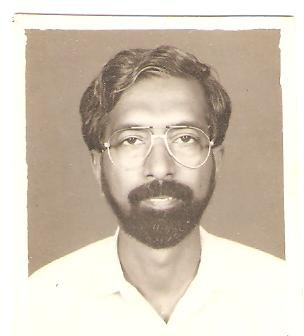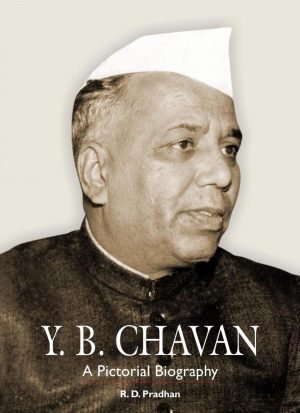(Translated by Prof. Girish Joshi)
The city of Mumbai is poised to be a global metropolis and like other cities in the world faces enormous challenges in the new millennium. As the commercial capital of India, it is expected to play a leading role in the national and global economy which is in the midst of a recession. The social and economic character of the city has changed over the decades from the 1930s to 1990s due to the decline of manufacturing and the growth of global processes. The city is today one of the biggest urban agglomerations in the world.
The underlying theme of this book is the transformation of Mumbai Kaal ani Aaj in an effort to understand its present. It highlights the changing concerns of the city as it transited through the colonial to a global era.
The essays in this book cover diverse areas of research. They begin with a historical overview of Mumbai and range from the decline of Mumbai’s ‘hidden’ Portuguese connection in the early nineteenth century to the transit of the city in the course of the twentieth century. The other areas covered in the book are tramways and urban development, public health challenges in colonial Mumbai, industrial decline in the city, housing and changing patterns of land use, and the ecological impact of urban expansion. Perhaps, the diversity of their approaches and the questions they raise will encourage scholars to undertake multidisciplinary research on Mumbai and other cities of the subcontinent.
It is hoped that the insights offered in this book will benefit students and researchers as well as urban planners and policymakers. The book will be a valuable contribution to the study of the Mumbai Kaal ani Aaj and future of one of the fastest growing cities in the world.
Also Available on Amazon









Reviews
There are no reviews yet.